Health
Health weekend roundup: A mother's health mission, sleep-blocking foods, heat illnesses and more
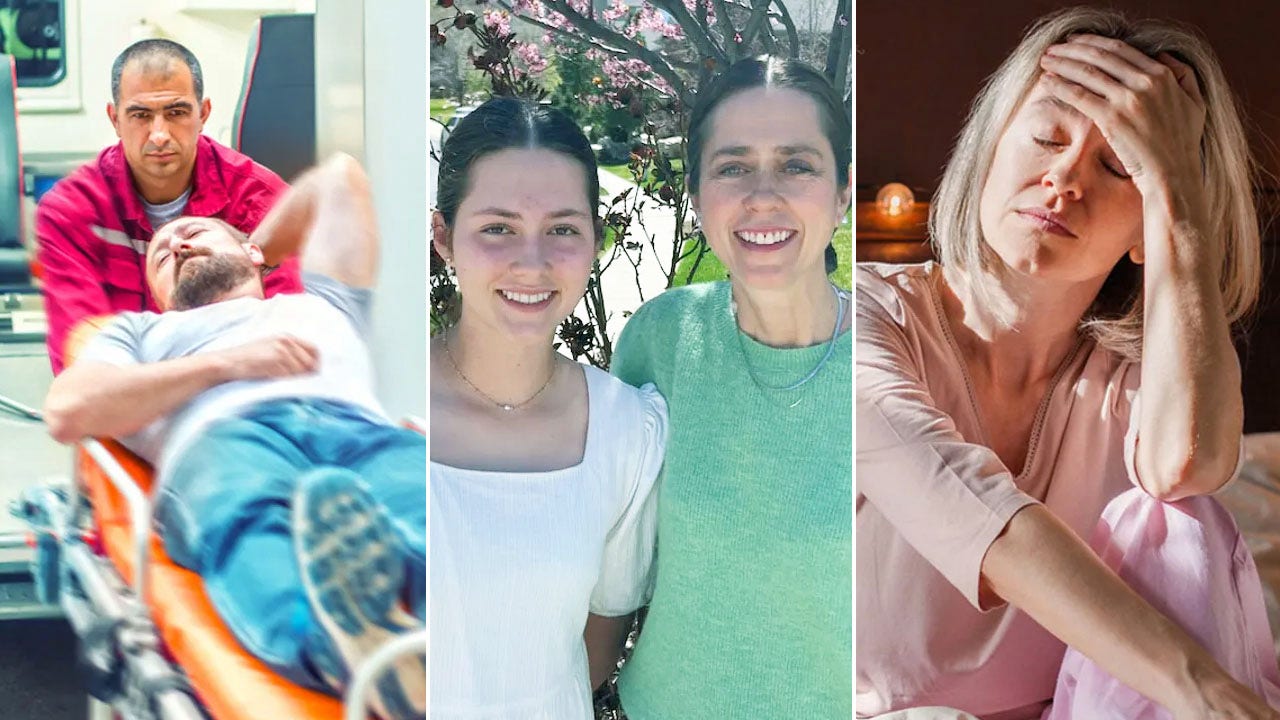
Fox News Digital publishes an array of health pieces all week long to keep you in the know on a range of wellness topics: health care access, innovative surgeries, cancer research, mental health trends and much more — plus, personal stories of people and families overcoming great obstacles.
Check out some top recent stories in Health as your weekend continues — and prep for the week ahead.
CLICK HERE TO SIGN UP FOR OUR HEALTH NEWSLETTER
These are just a few of what’s new, of course.
There are many more to see at http://www.foxnews/health.
Utah mom fights for her daughter’s access to ‘life-saving’ medication
For Ruby Smart, 15, Levemir is the insulin medication that works best to control her type 1 diabetes — but the manufacturer is discontinuing it.
Alison Smart is on a mission to protect her daughter’s access to the drug. Click here to get the story.
Utah mother Alison Smart (in green sweater, pictured with Ruby Smart, age 15) is fighting for her teenage daughter’s access to diabetes medicine. (Alison Smart/iStock)
CDC warns of extreme heat dangers
Is extreme heat a public health threat?
Fox News Digital reports the findings in the latest Mortality & Morbidity Report from the U.S. Centers for Disease Control and Prevention, including a spike in emergency room visits due to heat-related illness. Doctors chime in on the potential risk. Click here to get the story.
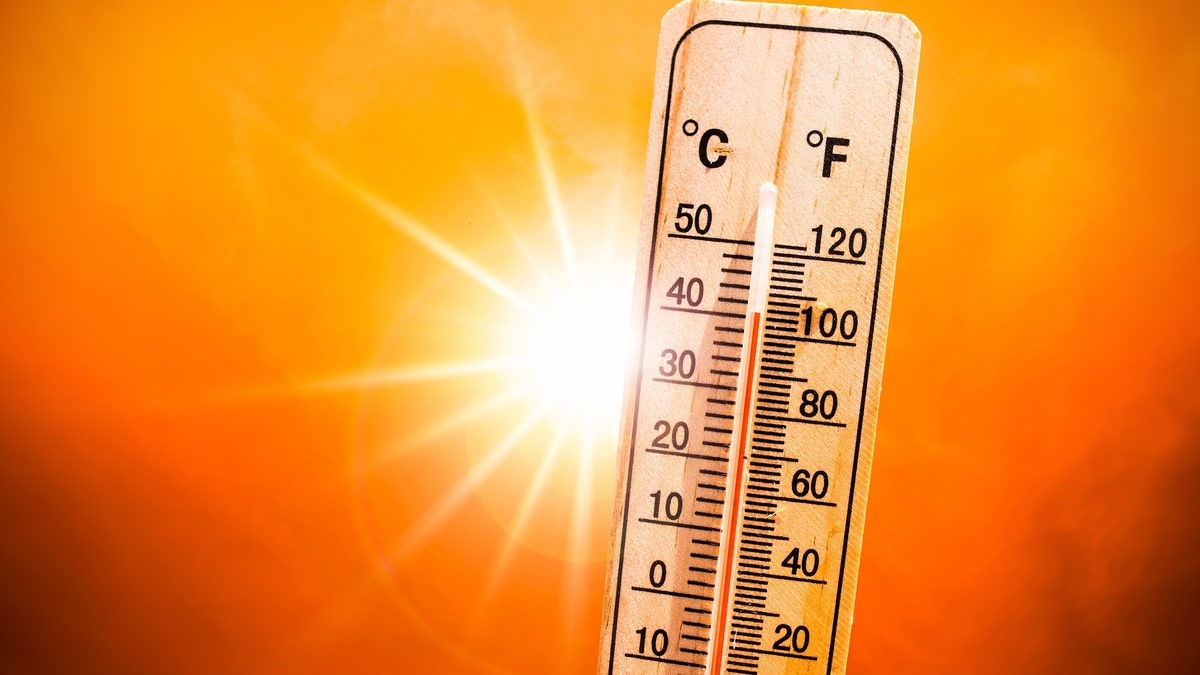
Many regions across the United States experienced “record-breaking high temperatures” in 2023 due to extreme heat, according to the CDC. (iStock)
Surprising reason for sleep struggles
If you’re having trouble falling or staying asleep, you might be overlooking one important lifestyle factor.
Two sleep specialists reveal essential ingredients for high-quality sleep. Click here to get the story.

What you eat can have an impact on how well you sleep at night, experts say. (iStock)
The girl who can’t smile
Tayla Clement, 26, was born with a rare disorder that has made it impossible for her to smile — but she says she is grateful for it.
The New Zealand woman discusses with Fox News Digital how she overcame trauma and learned to celebrate her differences. Click here to get the story.
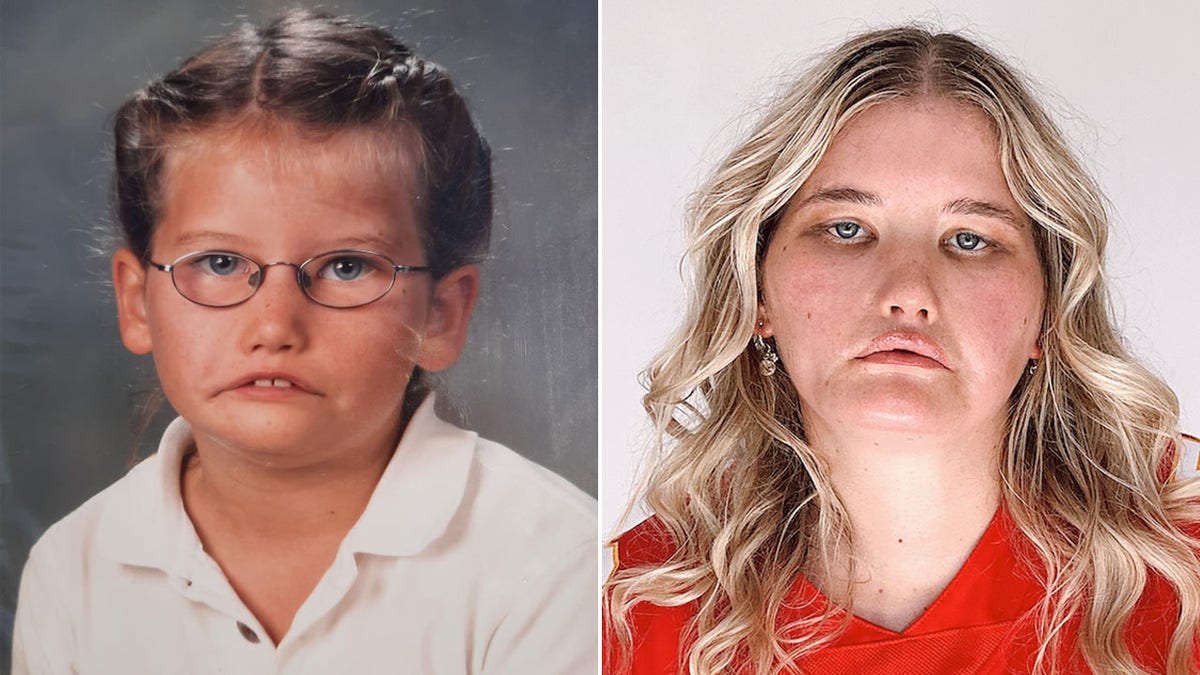
Tayla Clement, born and raised in New Zealand, has Moebius syndrome, a neurological disease that affects one child out of every 50,000 to 500,000. (Tayla Clement)
‘Forever chemicals’ found in water across US
A new study found that higher amounts of PFAS (perfluoroalkyl substances) were found in drinking water in certain parts of the U.S.
Public health experts weigh in on the risks of the toxic chemicals. Click here to get the story.

PFAS “hot spots” were concentrated in the Midwest, New England and the West Coast, the researchers found. (iStock)
Pick-me-ups to beat the midday slump
Is the “post-lunch coma” slowing down your productivity?
A nutritional biologist shares six proven energy-boosters to to prevent post-meal fatigue. Click here to get the story.
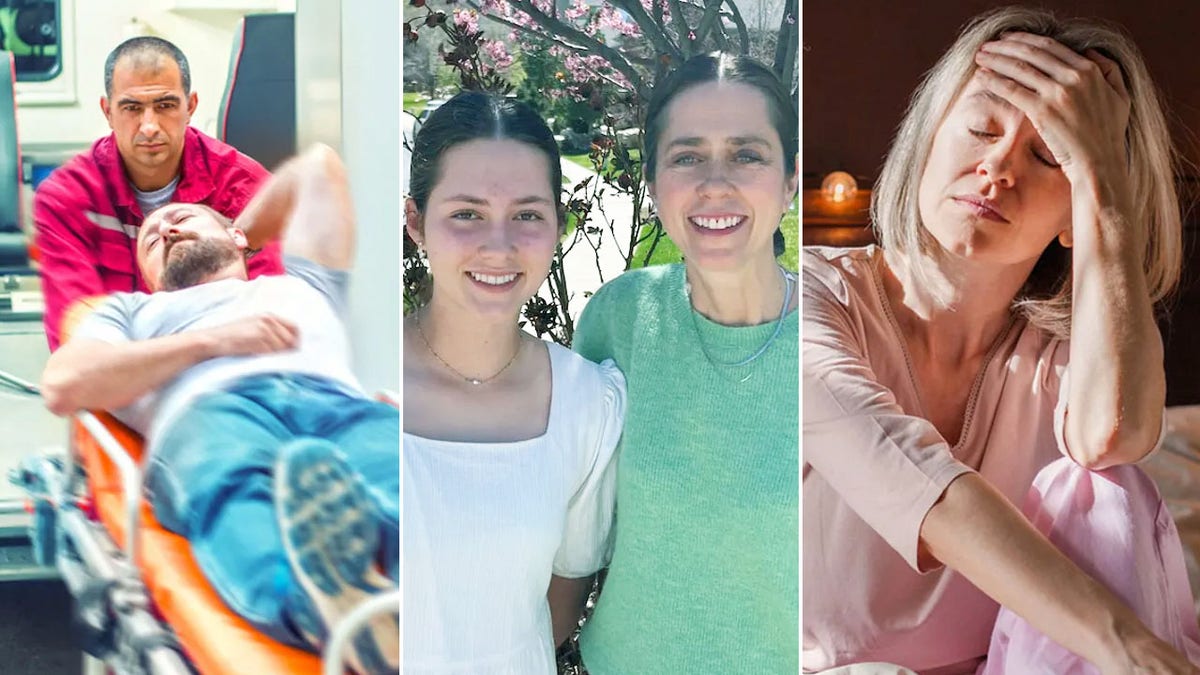
This week’s health recap includes stories about heat hazards, a mother’s fight for her daughter’s diabetes medication, and a little-known disruption of healthy sleep. (iStock / Alison Smart)
Drinking pure orange juice is linked to surprising benefits
A new study found that people who drank 100% orange juice consumed fewer calories than those who drank a sugar-sweetened orange beverage.
Nutritionists reacted to the findings. Click here to get the story.
Americans need more sleep and less stress
Many U.S. adults are getting too little sleep and have too much stress, according to a new Gallup poll.
Dr. Marc Siegel of New York and a sleep expert and behavioral scientist discuss the connection between disordered sleep and dangerous stress levels. Click here to get the story.
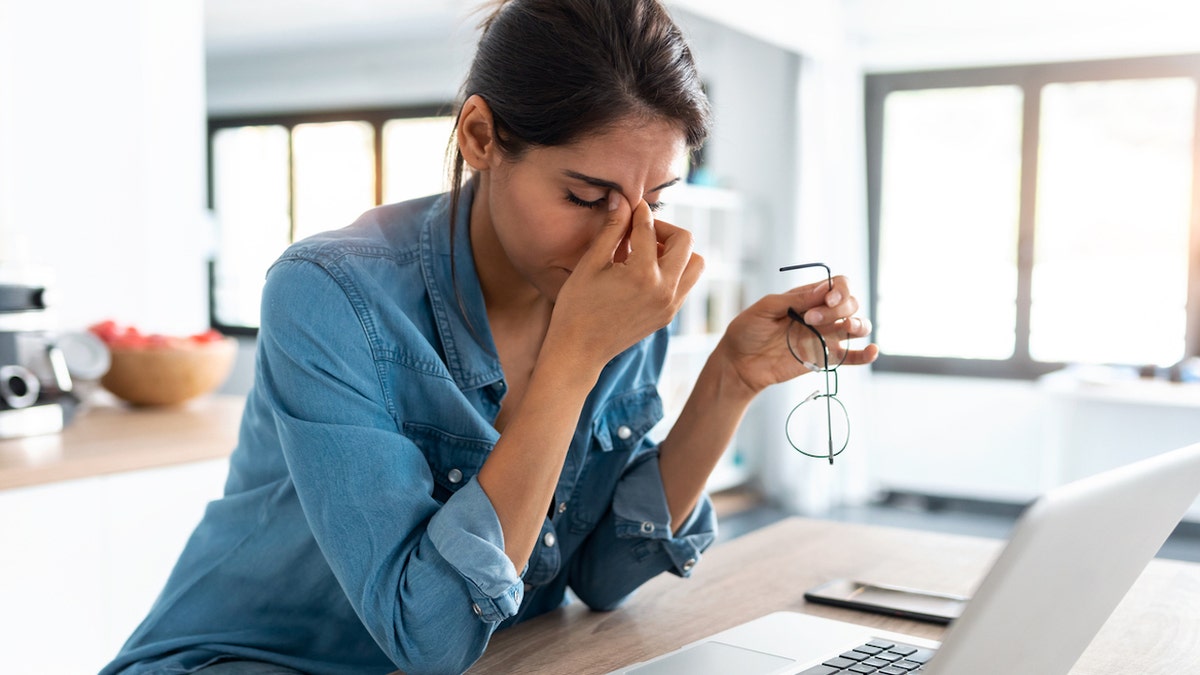
The poll showed that 63% of Americans who reported wanting more sleep also “frequently experience stress.” (iStock)
For more Health articles, visit www.foxnews.com/health.

Health
What Happens If You Eat Eggs Every Day? Nutritionists Share the Benefits

Sign Up
Create a free account to access exclusive content, play games, solve puzzles, test your pop-culture knowledge and receive special offers.
Already have an account? Login
Forgot your password?
Get back to the Sign In
Use left and right arrow keys to navigate between menu items.
Use escape to exit the menu.
Health
Ask a doctor: ‘I swallowed a bug — now what should I do?'
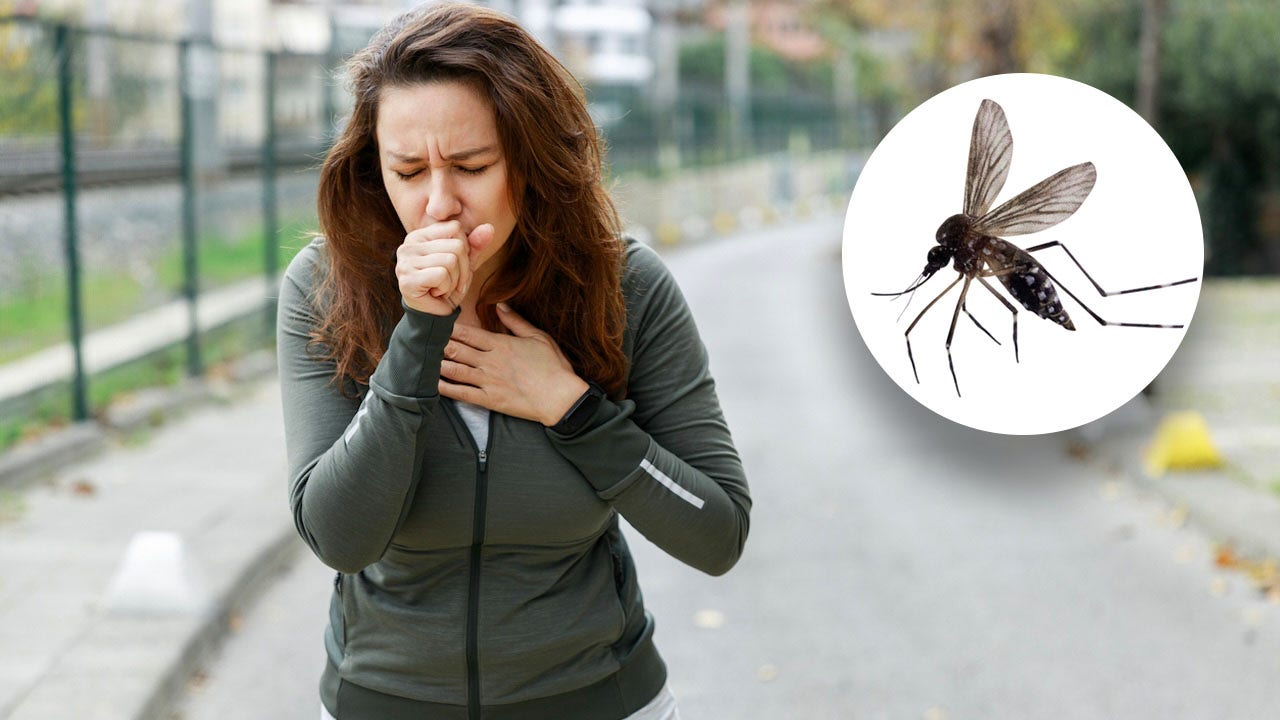
Most people have experienced that moment of discomfort when they realize a bug has wound up where it shouldn’t be — in their windpipe.
That includes Taylor Swift, who on more than one occasion has accidentally swallowed a bug while performing on stage in front of thousands of people.
It can be a startling and somewhat disgusting occurrence — but is this dangerous, or just a nuisance?
LOCAL DENGUE FEVER CASES CONFIRMED IN FLORIDA KEYS, SPREAD BY MOSQUITO BITES
Dr. Raj Dasgupta, a quadruple board-certified physician in California, shared with Fox News Digital the true impacts of accidentally swallowing a bug, and the best thing to do if it happens.
“Swallowing a bug can often happen accidentally when you’re eating or drinking outside, or if a bug flies into your mouth,” Dasgupta, who serves as chief medical advisor for Fortune Recommends, told Fox News Digital via email.
Dr. Raj Dasgupta, a quadruple board-certified physician in California, discussed the impact of accidentally swallowing a bug — and the best thing to do if it happens. (Sleepoplis)
“It can also happen if you’re talking or laughing outdoors. Sometimes it might even happen indoors if bugs are in your food or drink and you don’t realize it.”
ASK A DOCTOR: ‘HOW CAN I PREVENT SCARRING FROM BUG BITES AND POISON IVY?’
Swallowing a bug is usually not dangerous, Dasgupta noted.
“The stomach’s digestive acids usually break down the bug, and it is passed out of the body without causing harm,” he said.
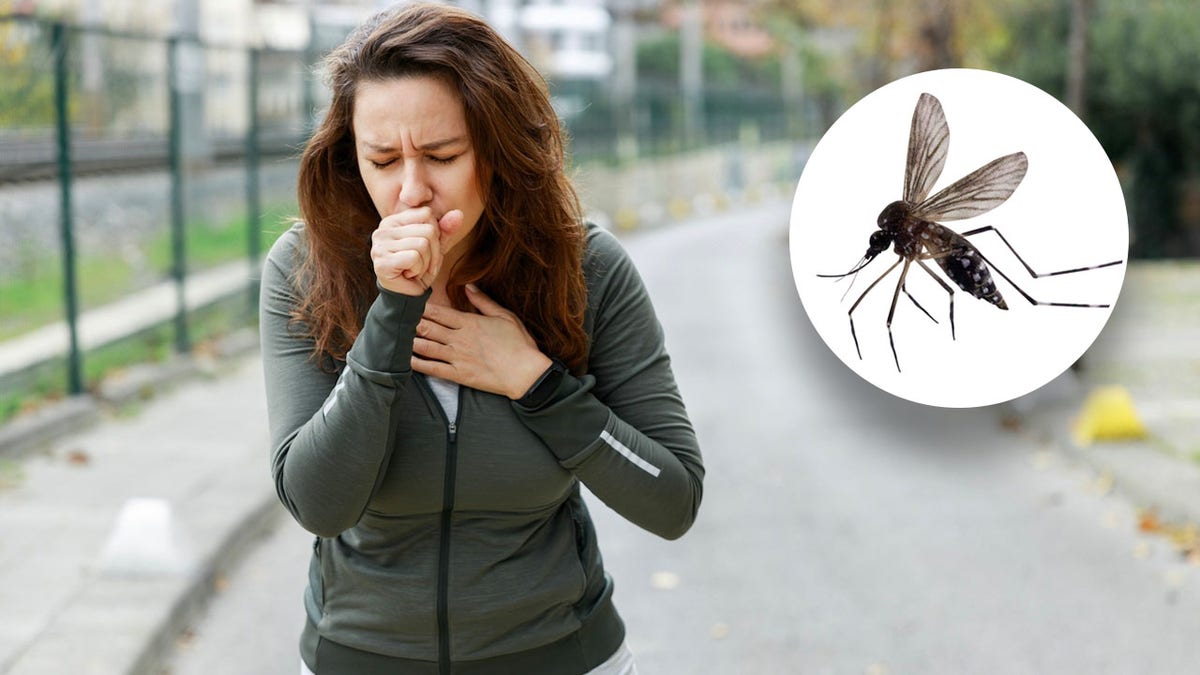
“Swallowing a bug can happen accidentally when you’re eating or drinking outside, or if a bug flies into your mouth,” the doctor told Fox News Digital. (iStock)
If the bug carries harmful bacteria or parasites, however, it could cause gastrointestinal issues or allergic reactions, according to the doctor.
The type of bug can make a difference, he said.
“Bugs like beetles or ants are less of a concern, but bugs that are known to spread diseases — such as mosquitoes — might be riskier.”
If you happen to swallow a bug, drinking some water can help wash it down, Dasgupta said.

Taylor Swift has announced the accidental swallowing of bugs, mid-concert, on more than one occasion. (Marcelo Endelli/TAS23/Getty Images for TAS Rights Management)
“If you start feeling sick, like abdominal pain, vomiting or nausea, keep an eye on your symptoms,” the doctor said.
If you have severe stomach pain, ongoing vomiting, trouble breathing, or swelling, rash or itching, Dasgupta said to see a doctor.
CLICK HERE TO SIGN UP FOR OUR HEALTH NEWSLETTER
“If you know the bug could have diseases or if you have health conditions that might complicate things, it’s a good idea to get checked out to be safe,” he added.
For more Health articles, visit www.foxnews/health
Some bugs — including grasshoppers, beetles, termites, mealworms and even stink bugs — are actually considered edible in certain countries, and are prepared and eaten as part of meals, according to WebMD’s website.
Health
“I’m a Dietitian, and Here’s Why an Overly Restrictive Diet Can Backfire”

Sign Up
Create a free account to access exclusive content, play games, solve puzzles, test your pop-culture knowledge and receive special offers.
Already have an account? Login
Forgot your password?
Get back to the Sign In
Use left and right arrow keys to navigate between menu items.
Use escape to exit the menu.
-

 World1 week ago
World1 week agoOne dead after car crashes into restaurant in Paris
-

 Midwest1 week ago
Midwest1 week agoMichigan rep posts video response to Stephen Colbert's joke about his RNC speech: 'Touché'
-

 News1 week ago
News1 week agoVideo: Young Republicans on Why Their Party Isn’t Reaching Gen Z (And What They Can Do About It)
-

 Movie Reviews1 week ago
Movie Reviews1 week agoMovie Review: A new generation drives into the storm in rousing ‘Twisters’
-

 News1 week ago
News1 week agoIn Milwaukee, Black Voters Struggle to Find a Home With Either Party
-

 Politics1 week ago
Politics1 week agoFox News Politics: The Call is Coming from Inside the House
-

 News1 week ago
News1 week agoVideo: J.D. Vance Accepts Vice-Presidential Nomination
-

 World1 week ago
World1 week agoTrump to take RNC stage for first speech since assassination attempt















